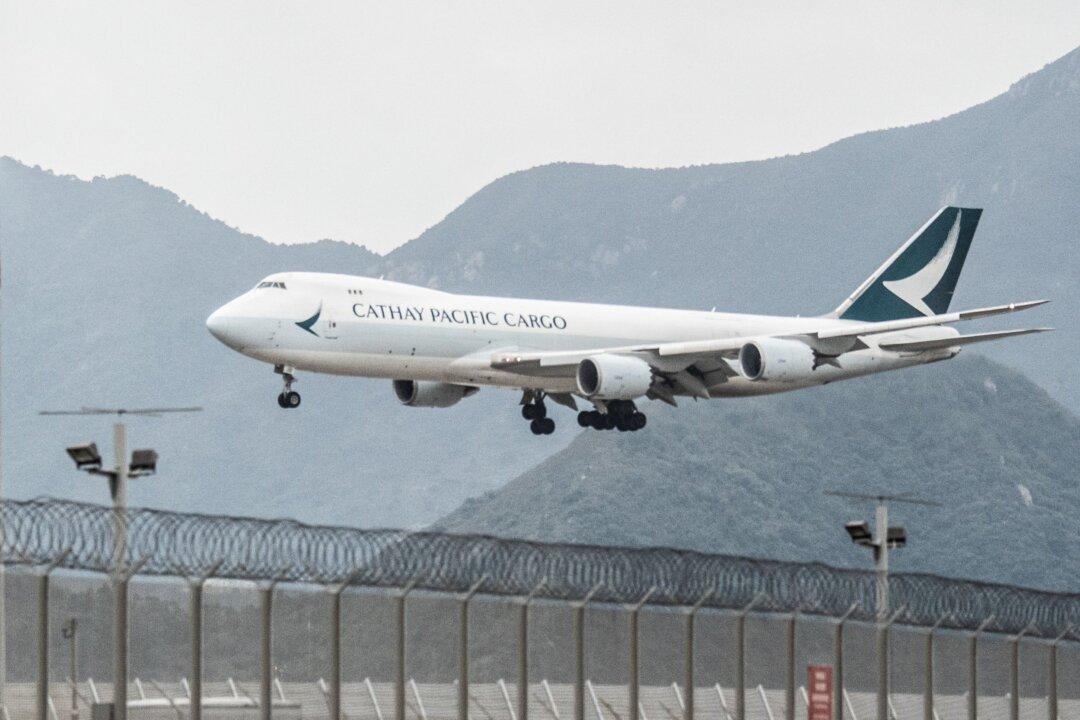Many countries have eased their travel restrictions now that the global epidemic has slowed down. But this is not the case in Hong Kong under the Chinese Communist Party’s (CCP) zero-COVID policy. A recent report released by Natixis, the French investment bank, said Hong Kong’s strict entry restrictions, continued outflow of residents, and other negative factors, have reduced passenger traffic to only 2 percent of what it was prior to the start of the epidemic. Hong Kong now seen as one of the worst sites in Asia by the aviation industry. Unless the restrictions are relaxed, the report suggests Hong Kong is at risk of jeopardizing its ability to compete in the air carrier sector.
On par with Dubai, London, and Amsterdam, Hong Kong was one of the leading international cargo airports and the fourth busiest international passenger airport in the world. Approximately 120 airlines operated routes going to and from Hong Kong and serving over 200 destinations worldwide. In 2019, 71.5 million people traveled between Hong Kong and over 200 cities abroad, as well as mainland China.




